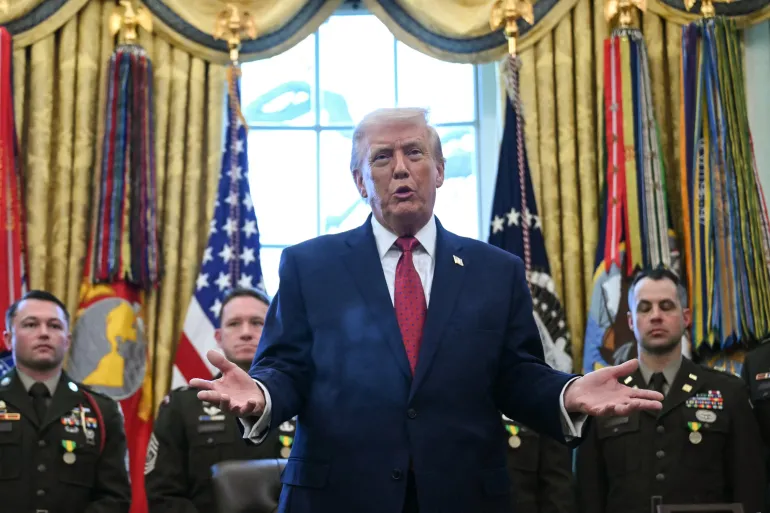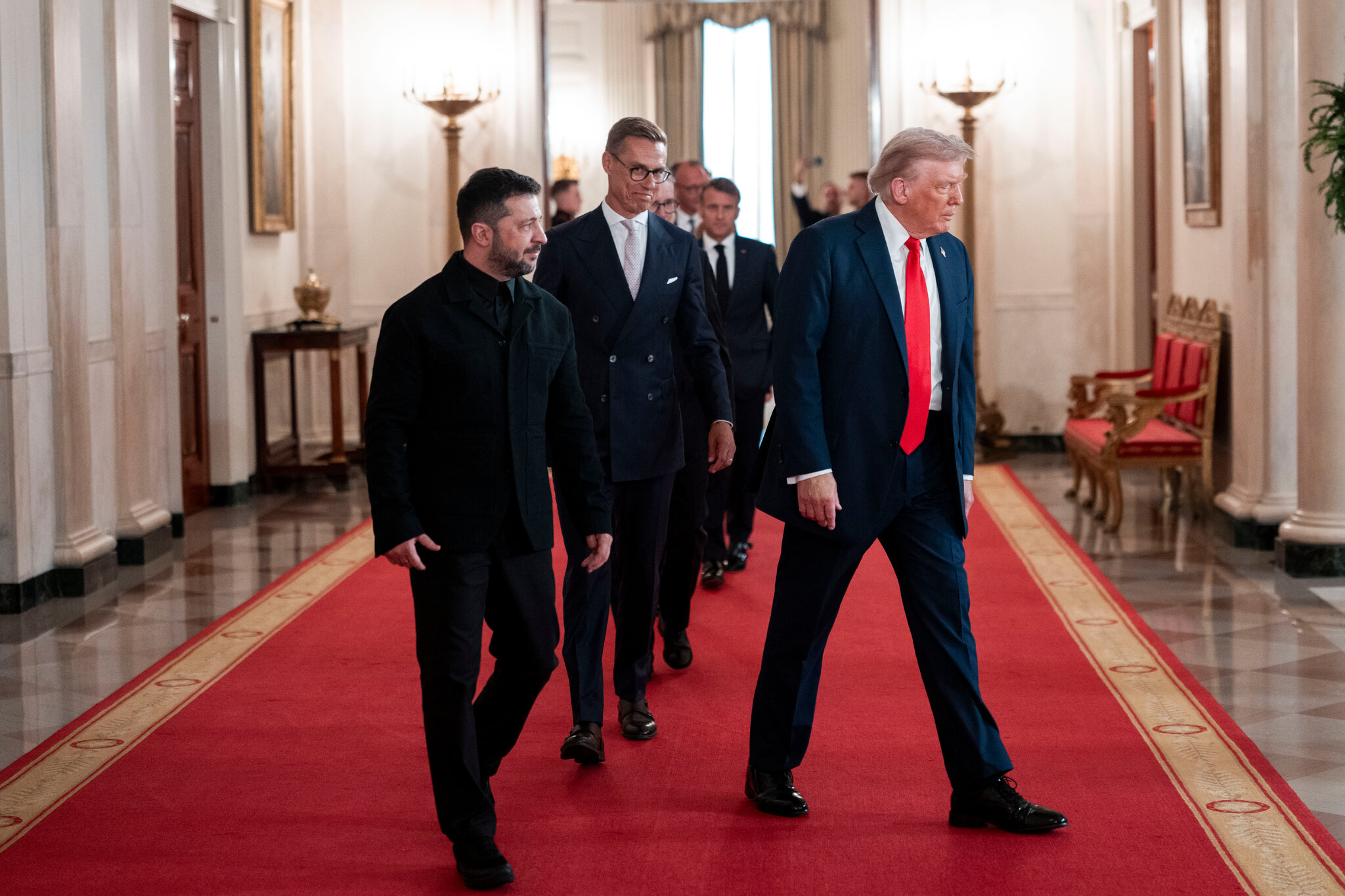Recent statements from global economic leaders have highlighted a growing acknowledgment of the concerns raised by President Donald Trump regarding trade imbalances, signaling a shift in international perspectives on the US role in the global economy, Axios reports.
Key figures from major international institutions have expressed unease about the over-reliance on the US as the world’s primary consumer, a situation that some believe has led to imbalances in global trade. Kristalina Georgieva, the Managing Director of the International Monetary Fund (IMF), echoed Trump’s call for greater global economic responsibility, stressing the need for countries to address both internal and external macroeconomic imbalances.
“Countries should renew their focus on internal and external macroeconomic imbalances,” Georgieva said in a recent speech titled “Toward a Better Balanced and More Resilient World Economy.”
She further noted that “external surpluses and deficits can create fertile ground for trade tensions,” drawing attention to the risks of global reliance on the US as a dominant economic player.
Similarly, Ngozi Okonjo-Iweala, Director-General of the World Trade Organization (WTO), spoke about the dangers of over-dependence on specific markets. She warned that concentrating trade flows with certain countries or regions makes economies more vulnerable to shocks, leading to perceptions of unfair burden-sharing.
“The US has a point when it says too many countries are dependent on its market or the production of some critical inputs are too concentrated in certain sectors and geographies,” Okonjo-Iweala remarked.
This acknowledgment is significant because it marks a departure from the pro-globalist, free-trade stance that has dominated economic policy in recent decades. Historically, the US has been viewed as the world’s largest consumer and a key driver of global economic growth. However, as trade imbalances grow, concerns are rising about the sustainability of this reliance.
The warning comes at a time when the US has threatened to scale back its engagement in the global trade system. President Trump and his economic advisors have long argued that the US has borne the cost of maintaining global trade flows, often to its detriment. Trump has criticized the imbalances as “horrendous,” arguing that they have undermined the US industrial base and put national security at risk. In his view, the US imports goods based on consumer demand, which has allowed domestic consumers to access low-cost products while supporting manufacturing through the sourcing of cheap inputs.
However, Trump’s imposition of tariffs on a range of imports has raised concerns about the long-term consequences of such protectionist measures. The WTO recently forecasted a decline in global trade this year, attributing the slowdown to the impact of tariffs. The IMF is expected to release updated economic forecasts next week, with Georgieva indicating that these will include “notable markdowns” in global growth projections.
As the global economic landscape shifts, the most vulnerable nations, particularly smaller advanced economies and emerging markets, are at greater risk. These nations are more dependent on trade for their growth and may struggle to adapt to changes in the international trading system.
In response to these challenges, Stephen Miran, Chair of the US Council of Economic Advisors, has called for “improved burden-sharing at the global level,” suggesting that nations need to reassess their roles in the global economic system.










The latest news in your social feeds
Subscribe to our social media platforms to stay tuned